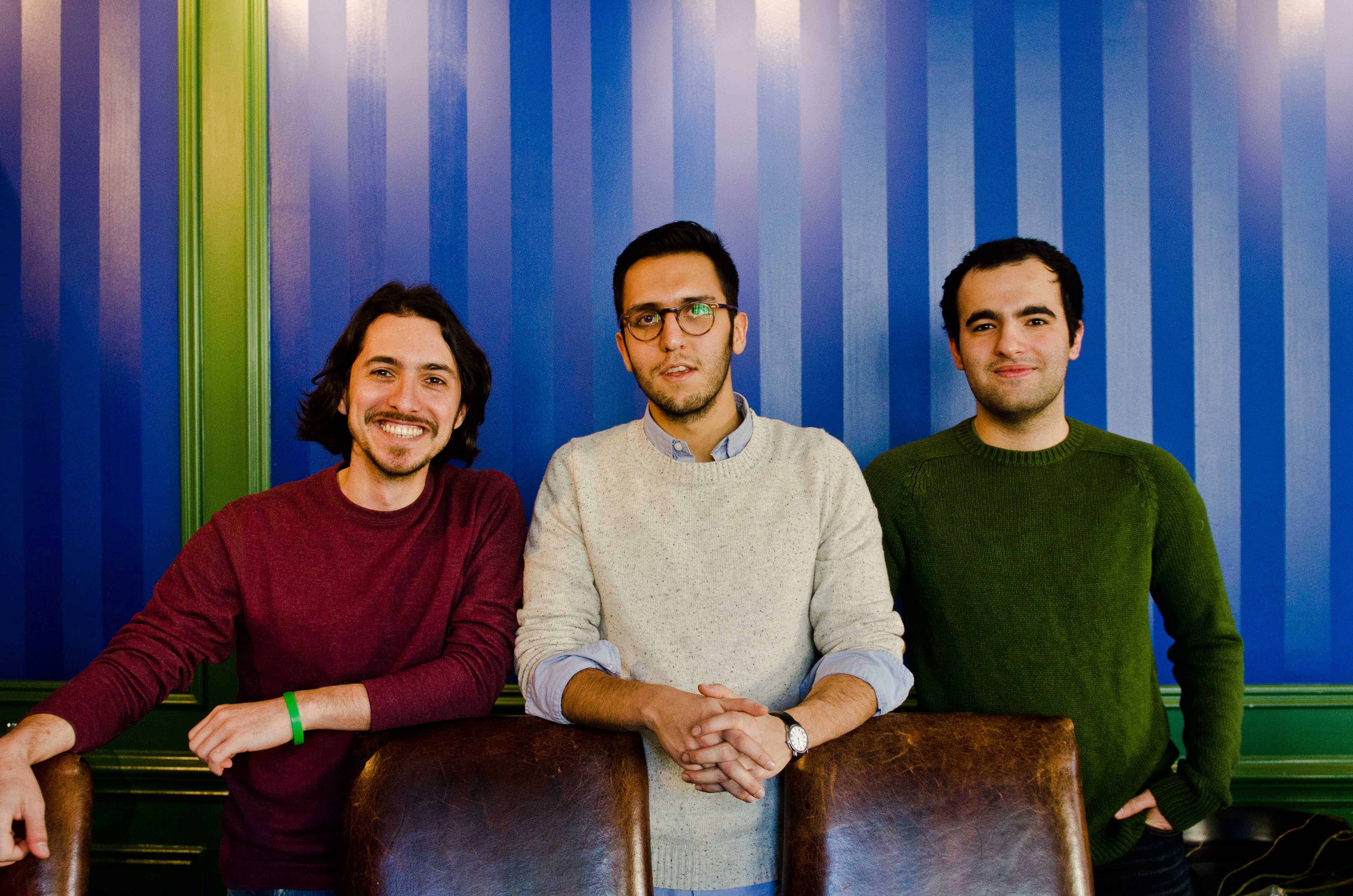With Iran once again in the news over military drills in the Hormuz Straits, political science professor Ramin Jahanbegloo sees more need than ever to familiarize the U of T community with the inner workings of the country. Jahanbegloo and a group of students have started an initiative to establish a chair for the study of Iranian contemporary politics at the University of Toronto.
“Given the ongoing importance of Iranian politics to global security in the Greater Middle East, Central Asia, and beyond, and the rapid growth of the Iranian-Canadian community (especially in the GTA), it is crucial to examine the ways in which U of T can become one of the world’s leading centres for research and education, given the many unique assets the university possesses,” said Jahanbegloo, an expert on nonviolent theory and modern Iranian politics.
“Iran is a politically-disturbed country with much-needed attention since it has been misrepresented by the Western media. Iranian people and the country itself need to be fully understood by other communities,” said Sadaf Nik, one of the students behind the project.
Having an Iranian studies chair at U of T, according to Nik, will help Canadians to further understand Iranian culture.
Started last spring, the initiative has gained tremendous support from students, faculty, and outside organizations, according to political science department chair David Cameron.
“There’s a general desire to have this [chair] in the university,” he said. “The prospect of establishing this chair and associated activities like graduate scholarships, conferences, and workshops in the area of contemporary Iran, with Ramin playing a central role, is very exciting.”
Anoosh Salahshoor, executive director of the initiative and Jahanbegloo’s former student, said that the petition to create the chair has grown outside of U of T’s walls.
“Initially, there were a few of us students along with Ramin who showed interest in the project, but we’ve turned to the vibrant Iranian-Canadian community in Toronto to set the ground running to establish this chair,” said Salahshoor.
In July 2011, the project took its first step at Harbourfront’s Tirgan, one of the largest Iranian festivals in the world. The four-day festival attracted over 100,000 visitors, and the team of volunteers gathered around 3,000 signatures petitioning the chair’s creation.
Shahin Yamin, one of the volunteers behind the initiative, expressed great optimism after the results of Tirgan.
“This was an idea within a small group of people, but the feedback we got from Tirgan festival really demonstrated that there’s an overwhelming want for this initiative.”
The committee chair has so far enlisted the support of Toronto’s NoRooz Educational Foundation. NoRooz president Sussan Ekrami, who has initially funded the initiative, is now leading a campaign to find sponsorships throughout the Iranian-Canadian community.
“The study of contemporary Iran is seriously lacking at such a big institution like U of T,” said Ekrami, who is delighted with the students’ energy in leading the campaign. “Iranian-Canadian youth need to have a voice, especially here in Toronto, so they can help build the Iran of tomorrow.”
The initiative awaits further funding and resources before a formal request is made to the university’s Faculty of Arts and Science.


